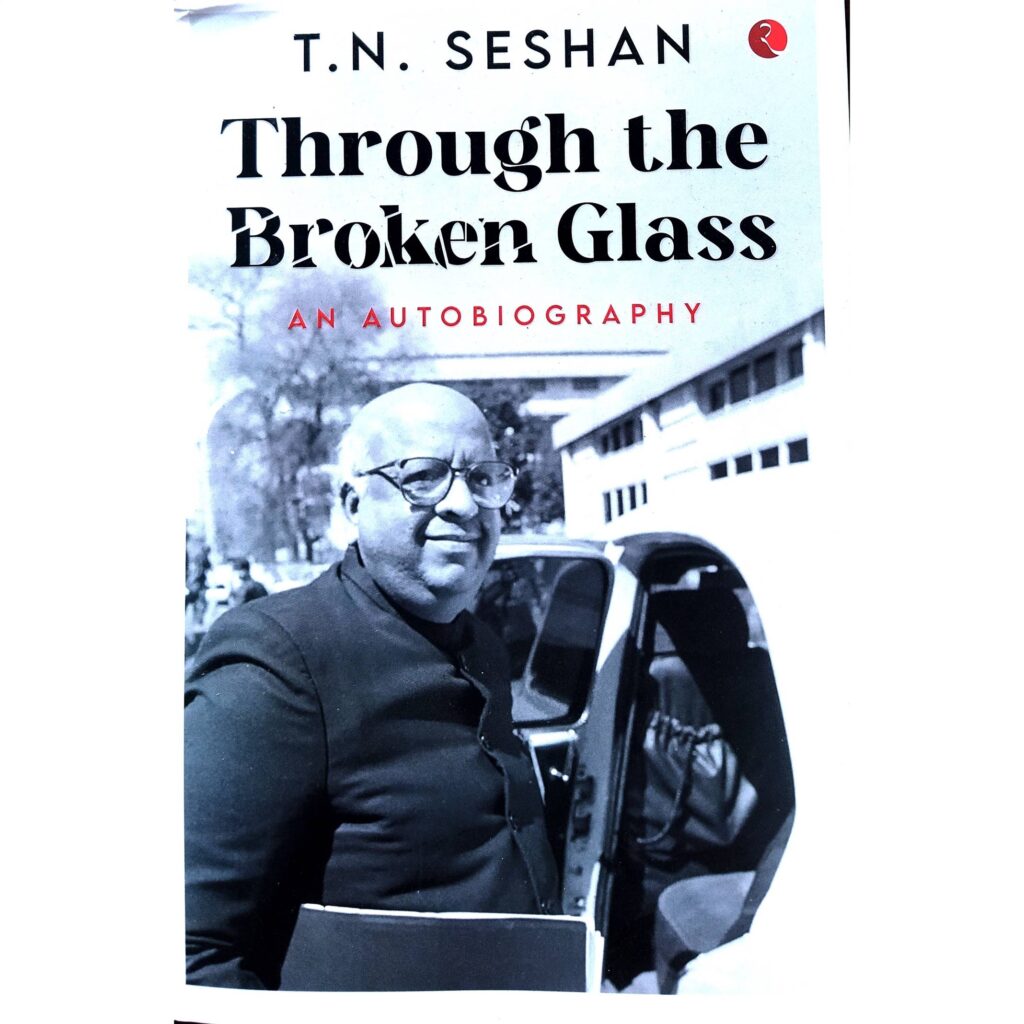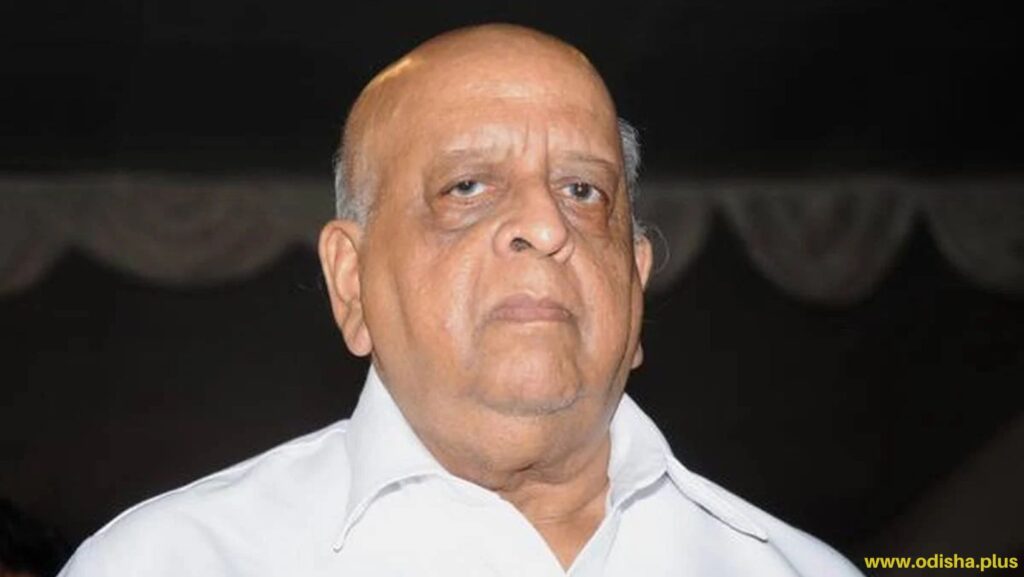Bhaskar Parichha
Book Review
The second of August 1993 was a red-letter day for India’s democracy. On this day, elections were indefinitely postponed through an order issued by the Chief Election Commissioner (CEC), T.N. Seshan. The CEC, ironically, is tasked with ‘conducting’ elections, so who in his right mind would do such a thing in a democracy? Seshan put everything on the line while signing that order. And it was an indication of his willingness to fulfill his mandate. And the Supreme Court too did not find the order unlawful.

Before Seshan came on the scene, the Election Commission increasingly functioned as an appendage of the government. Over and above that, malpractice and lawlessness in elections had reached alarming levels.
T.N. Seshan was born on October 24th, 1932, in Palghat, Kerala, India. He was one of six children born to an attorney father and a homemaker mother. As a student, he was brilliant at academics and became an Indian Administrative Services officer like his elder brother. Having had an exceptional and productive career in the IAS, he served at the top under Prime Minister Rajiv Gandhi.
But what elevated him to legendary status was his tenure as Chief Election Commissioner (CEC) at the Election Commission. Seshan, at the pinnacle of his career, gained unrivalled popularity in India. Over six years as CEC, he became a household name. Audiences and organizations across the nation wanted to hear him. Fan clubs were formed in his honor and to facilitate his work. His work found admirers across the seven seas. Post-retirement, he was even invited to the US President’s annual prayer event in 1997.
Seshan’s service at the Commission was tumultuous, but he was single-minded in pursuit of free and fair elections. He was relentless in innovatively implementing codes through pre-existing laws and comprehensive reforms and retired in December 1996. It was in this last phase of six years that he made a huge and positive impact on the nation as a whole. He left for his heavenly abode in 2019.

This autobiography, which has been published four years after he passed away, has provided us with many insights into Seshan’s life and work. These insights were previously unknown to the public. There is one instance that stands out – Rajiv Gandhi’s assassination. The tragic death of former Prime Minister Rajiv Gandhi was the loss of a family and a personal loss for Seshan, he writes in this autobiography.
Seshan says in the book that a week before Gandhi was assassinated, he received a message from the Kanchipuram Shankara Mutt, asking Rajiv to be careful. Gandhi was assassinated in Sriperumbudur while campaigning for Congress in the 1991 Lok Sabha elections.
According to the book, “On 10 May 1991, I called on Rajiv around daybreak. There was no agenda; it was a personal chat to convey my concern, to which Rajiv replied, laughing: ‘I won’t die twice’. I cautioned him again, beseeching him to reconsider his decision to campaign so freely, but to no avail. I told the Kanchi seer that Rajiv was taking the risk lightly in spite of being cautioned by me. A fax to this effect was again sent directly to him and that reached his table on 17 May. However, before he could read it, he was killed in the bomb blast in Sriperumbudur on 21 May. I was grief-stricken again. I did not attend the cremation and spent the entire day at home.”
Seshan writes in the book that due to his interest in horoscopes, he was eager to see what the stars foretold about Rajiv. “There were valid astrological reasons, apart from a host of other factors, to conclude well in advance that Rajiv’s party was poised for victory. Ironically, that was what brought me fear.”
Sheshan, who drafted the SPG Act legislation, further writes that he tried to convince Rajiv that the laws should protect the PM and his family, along with the former PMs and their immediate families, but he declined to do so. According to the book, Rajiv never took personal security lightly, but overruled Seshan. “He overturned my strong opposition to his visit to Colombo to sign the Indo–Sri Lanka Accord. Despite Chidambaram backing me, Rajiv did not listen. And despite our best efforts, Rajiv was attacked.
Seshan brings to light his years of struggle with remarkable tenacity. He ushered in an exciting era of electoral reforms in the country. It is no exaggeration to say that Seshan’s devil-may-care attitude and righteous self-awareness took the Union government by surprise. In this book, a no-holds-barred account of the man who revolutionized the electoral process in the early twentieth century is given by a person who never cowered to the high and mighty.
In a way, Through the Broken Glass is a testament to grit and determination. He waged a lonely battle to bring about a colossal change in the way elections are conducted in India. His story is thought-provoking and inspiring.
THROUGH THE BROKEN GLASS: AN AUTOBIOGRAPHY
T. N. Seshan
Rupa Publications
New Delhi
(Bhaskar Parichha is a Bhubaneswar based senior journalist and columnist. Views are personal)





























